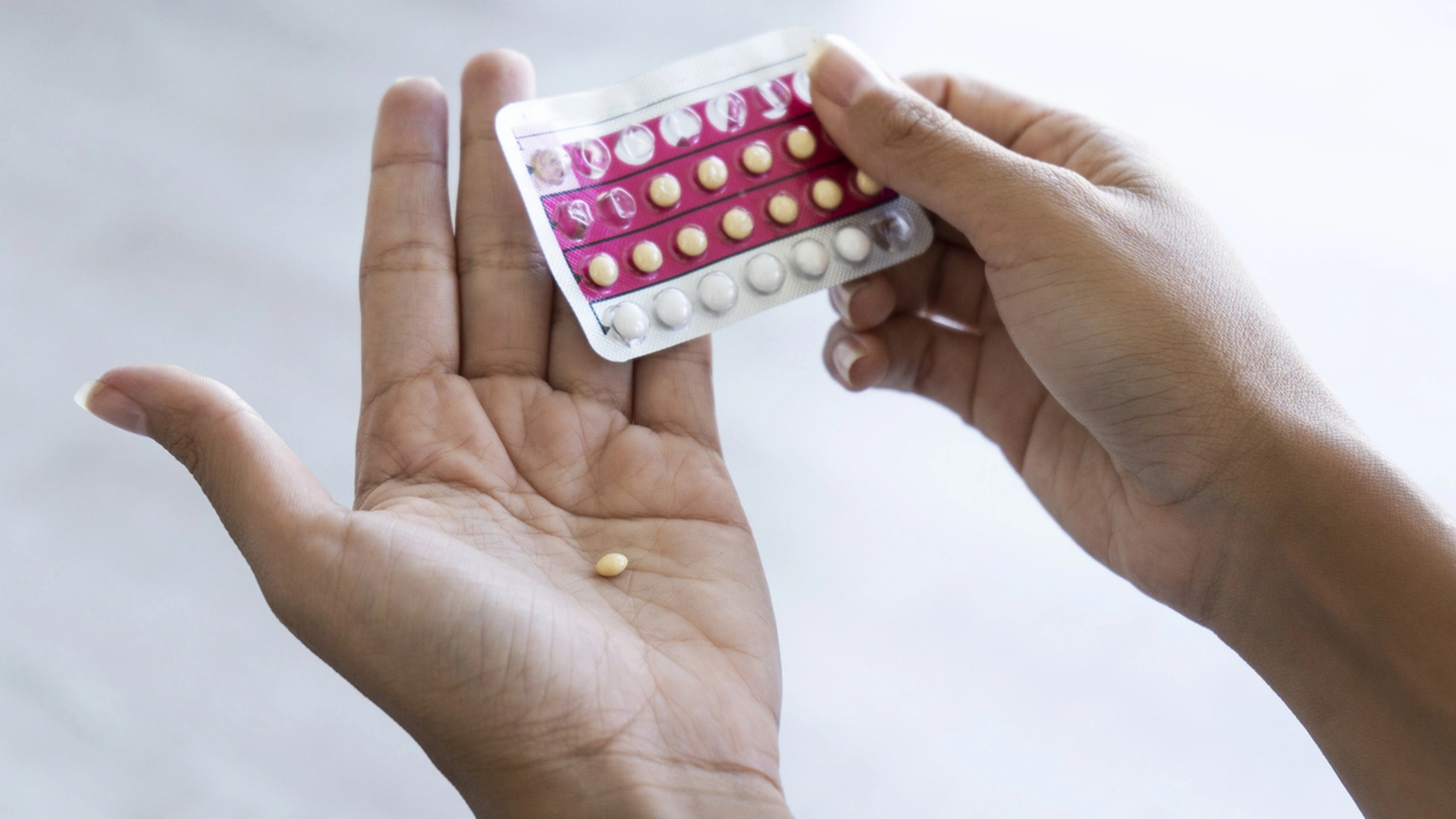

Many patients wonder whether taking hormonal contraceptives will prevent them from becoming pregnant later on. The blocking effect that these medications exert on the uterus and ovaries is temporary, meaning that once the medication is discontinued, ovulation and the development of a healthy endometrium—where the embryo will implant—are restored.
In other words, reproductive function returns to normal.
Does taking contraceptives affect my ovarian reserve?
The short answer is that the use of hormonal contraceptives neither protects nor preserves ovarian reserve, nor does it directly harm it.
To better understand this, it’s important to remember that ovarian reserve refers to the number and quality of oocytes (eggs) a woman has available in her ovaries to be fertilized. This reserve is limited and gradually declines over time, especially after the age of 35. From birth, women have a set number of oocytes, and with each menstrual cycle, a group of them begins to develop—even if only one or none actually ovulates.
Hormonal contraceptives—such as pills, patches, injections, or hormone-releasing intrauterine devices—primarily work by inhibiting ovulation, that is, by preventing the ovary from releasing an egg. However, this does not mean that oocytes are “preserved” or “saved” while on hormonal treatment. Even without ovulation, the natural selection and elimination of oocytes continue to take place inside the ovary. This means oocytes are still lost each month as part of the normal ovarian aging process, even if menstruation stops or bleeding patterns change.
Therefore, contraceptives do not stop ovarian aging or preserve future fertility, although they may give the false impression of “pausing” the reproductive cycle.
It’s very important that hormonal contraceptives are prescribed by a healthcare professional, such as a gynecologist or general practitioner, and that their use is monitored regularly to ensure they are appropriate for each person. Also, there is no need to take “breaks” from contraceptives unless the patient wants to or there is a specific medical reason to do so. There is no evidence that taking breaks improves reproductive health or ovarian function.
In summary, hormonal contraceptives do not negatively affect ovarian reserve—but they do not preserve it either. If you’re thinking about your future fertility or are concerned about your ovarian reserve, it’s best to consult a gynecologist or fertility specialist for a personalized assessment.
Book a free consultationDo you have any questions or need more information?
At Fertility Madrid, we specialise in treatments such as egg donation, in vitro fertilisation and artificial insemination, among others.
Please do not hesitate to contact our professionals at our fertility clinic and they will answer all your questions without obligation.




